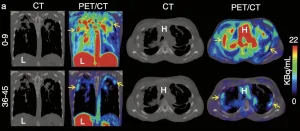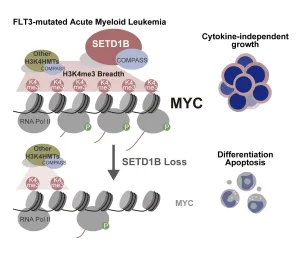Understanding the Many Faces of Depression
Depression is a complex mental health condition that affects millions worldwide. However, its presentation isn’t always what people expect. Experts emphasize that recognizing the diverse ways depression manifests is crucial for early detection and effective support.
Beyond Sadness: Recognizing Varied Symptoms
While persistent sadness is a well-known symptom, depression can manifest in numerous other ways. These include:
- Irritability and Anger: Some individuals, particularly men, may experience heightened irritability or anger instead of overt sadness.
- Loss of Interest: A significant decline in interest or pleasure in activities once enjoyed is a key indicator.
- Fatigue and Low Energy: Persistent feelings of tiredness and lack of energy, even after adequate rest, can signal depression.
- Physical Symptoms: Unexplained aches, pains, headaches, or digestive problems can sometimes be linked to depression.
- Changes in Sleep and Appetite: Significant shifts in sleep patterns (insomnia or oversleeping) and appetite (loss of appetite or overeating) are common.
- Difficulty Concentrating: Trouble focusing, remembering details, or making decisions can also be signs.
The Impact of Societal Expectations
Societal expectations and gender roles can influence how depression is expressed. For example, men may feel pressure to suppress emotions, leading to manifestations like anger or recklessness. Women might be more likely to internalize feelings, resulting in sadness or anxiety.
Why Early Recognition Matters
Early recognition of depression is vital for several reasons:
- Improved Treatment Outcomes: The sooner treatment begins, the more effective it’s likely to be.
- Reduced Risk of Complications: Untreated depression can increase the risk of substance abuse, relationship problems, and suicide.
- Enhanced Quality of Life: Addressing depression can significantly improve an individual’s overall well-being and ability to function.
Seeking Help and Support
If you or someone you know is experiencing symptoms of depression, seeking professional help is essential. This may involve consulting a doctor, therapist, or psychiatrist. Support groups and online resources can also provide valuable assistance.
Final Overview
Depression is a multifaceted condition that goes beyond simple sadness. By understanding the diverse ways it can manifest, we can improve early detection, reduce stigma, and ensure that individuals receive the support they need to lead healthier, happier lives. Remember, seeking help is a sign of strength, and recovery is possible.




+ There are no comments
Add yours